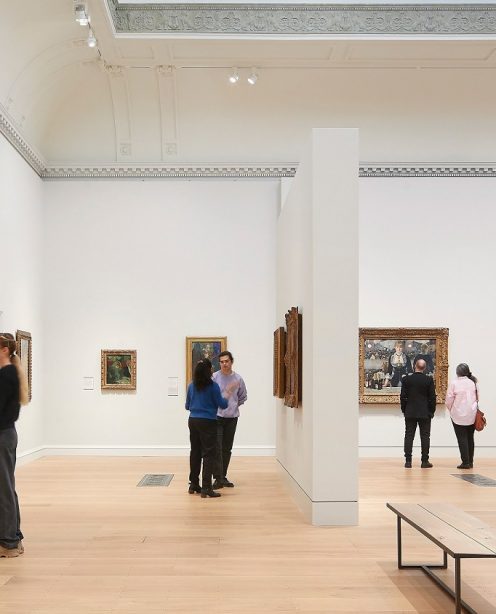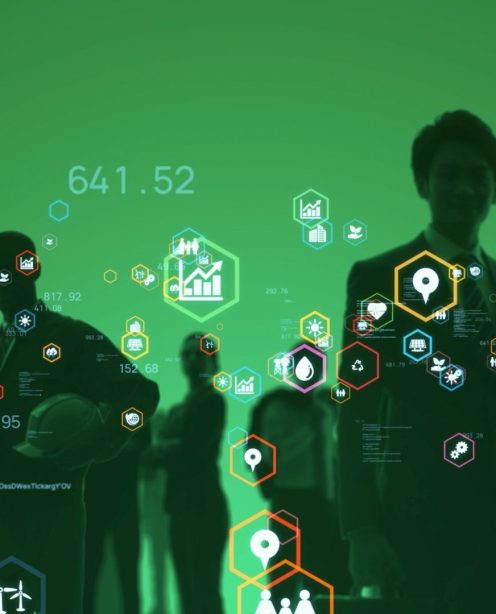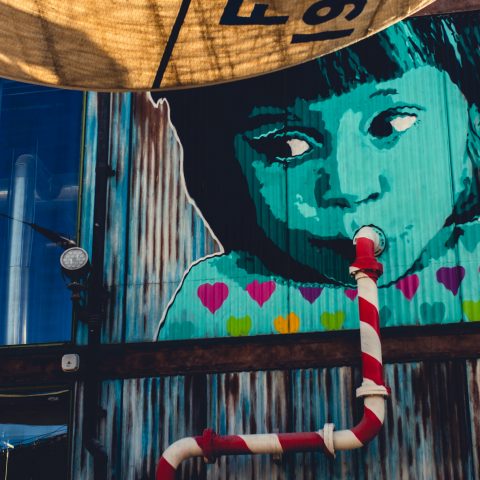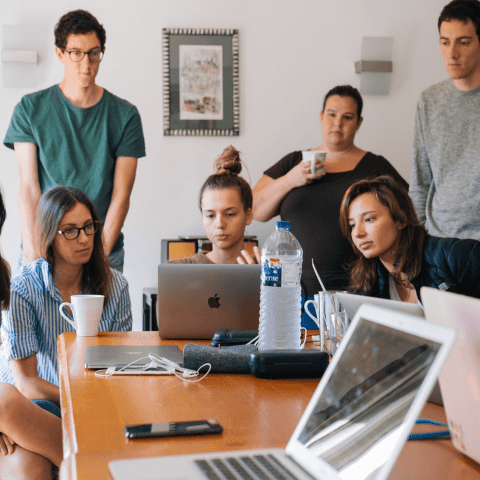1. Upselling
Kevin Giglinto of Tessitura ran through some examples of successful schemes that have upsold to their clients by adding value to their experience with the venue.
Detroit Symphony Orchestra have encouraged donations by offering access to interesting content. They live stream a number of shows which are subsequently archived into 'DSO Replay'. Access to DSO Replay is only available to those who have donated more than $50 to their Annual fund. Find out more about the DSO Replay scheme.
He also cited examples of a few venues who list all prices on their website at full cost - some will then prompt customers in the purchase pathway to login to access their members discount of x%, or invite them to join today to get the discount themselves!
We also got some examples of upsells that customers are offered by venues during the purchase pathway - whether that's a drink, dinner deal or paying for parking at the venue in advance. The key thing with these offers is that they all make life easier for the customer and they are offered during the purchase pathway rather than during whilst they're just browsing. This means that instead of distracting them from their main aim of choosing a ticket to buy, the venues are helping the customer to plan their trip and make the evening/day out go much more smoothly.
2. New Products
Martin Austin from Nimbus Disability highlighted how complicated buying tickets online can be for people with a variety of different access needs. It may require registration, lots of form filling, phone bookings - bookings can rarely be completed in a single sitting. The 2014 Attitude is Everything report showed quite how much of a problem this is. Deaf and disabled mystery shoppers at live music venues found that:
- 95% had experienced disability-related issues when booking tickets
- 88% felt discriminated against due to an inaccessible booking system
- 83% had been put off buying tickets after finding it inaccessible
- 47% considered taking legal action as a result
Following this, Nimbus have been working with partners to develop an Access Card to help venues overcome these barriers. This card can be used to identify not only who someone is but it also identifies a customers specific requirements when they visit a venue. The ID number can be used by a booking system to confirm that a customer requires a companion ticket, or that they need a seat on the end of a row (The Ticket Factory is doing this at present). The card can also be used at the venue to help front of house staff prepare for visitors requirements on any given evening. There are currently 5,000 card holders but this is growing.
Eddie Robb from Make it Social ran through their new product - a payment gateway that allows groups to pay for their tickets individually. They have recently done a proof of concept with the Kia Oval and have had great feedback and results. The average group booking size was 7.9 and many users said that they may not have bought the tickets had they had to pay for them upfront and chase their friends for the cash. Although this was designed with a young audience in mind - it has proved popular across the board.
3. 'Unusual' ticketing systems
Tony Davey of Red61 ran us through the development of their ticketing systems for the Edinburgh Fringe and things that they have learnt along the way. Supporting a number of networks, plugging them together and providing staff support for them all is no mean feat! Anyone who's ever worked at the Fringe can testify to that. As of this year the Fringe app also allows you to buy tickets via Red61 as well.
Rachael Naylor of York Theatre Royal talked about their new ticketing system, installed following their capital project. It allows them to sell tickets from the bar as well as the box office, meaning that they are essentially 'open' on site more often. They also have a loyalty card that gets swiped on site and gives customers access to discounts. All their sales go through a single system which saves their finance team a lot of time and means that all their reporting and customer info is in one place.
4. Pricing
Rachael Easton from Baker Richards talked us through the myths of dynamic pricing and some examples of how to do it well. ENO's Secret Seat offers customers cheap tickets but they won't find out where they're sitting until the day. How good the seats are will depend on how well the show sells but you could end up in the stalls if you're lucky! For price sensitive customers it allows them the chance to get a better seat than they might be able to otherwise afford.
Kevin Giglinto of Tessitura reminded us that only 10% of first time visitors return. If you can get them back within the first year, then that number doubles. During his tme at Chicago Symphony Orchestra, they encouraged first time visitors to come back by email. But they didn't just offer them any old tickets; they held back good seats from general release and offered them (at discount) to recent first time visitors.
5. Agency Operations
This is something that we are hearing more of too so it's good to have the chance to hear from people who've done this before and get some insight.
James Bush's box office team at Soho Theatre have recently started offering ticketing to other venues. For them, this came out of a need to replace a revenue stream that had vanished and so far so good it seems! Using their Spektrix system, Soho are ticketing for other companies - some who are new companies and don't have the skills or infrastructure to do this themselves - for shows, often in found spaces or for site-specific performances. They offer a range of support depending on the companies need. It could be as simple as loading events into the system and handing over the cash at the end (always at the end... just in case there's any reason you need to do refunds!). Or it could be going to the space and running their box office and being part of the team.
Quay Tickets is part of the Lowry Theatre in Manchester and was started on somewhat of a whim in 2005 when there was a possibility that Ashes tickets might need to be sold for an extra day of the tournament. Those tickets weren't needed in the end but today Quay Tickets is responsible for 88% of the Lowry Box Office's revenue, has a contact centre of 40 people and earns enough money to not only cover overheads, but money back into the theatre.
Like Soho, Quay Tickets offer a range of services - although being more experienced, these are a little more defined - and customers will pick and choose the features that are most useful to them. During Manchester International Festival, they will have 10 concurrent box offices running across the city. They have the ability to white label and reskin ticketing microsites and currently have 23 up and running. They use - not just one - but four different ticketing systems: AudienceView, SRO4, ENTA and Spektrix.
Rachel Miller highlighted staff training, and having technical skills in house as keys to being able to work quickly, evolve and improve.
One thing they all had in common?
A lot of trial and error. Lots of testing, learning and improving. Something that became a bit of a theme for the rest of the week in Edinburgh.
Why so much testing? Users.
Everyone's audiences are different and every venue has different hurdles to overcome in getting people through the door. What works for one organisation won't necessarily work for another but there's almost always something that you can learn from looking at others work.
If you don't try something you will never know if it could have worked. The sooner you test it the sooner you'll know the answer - that's not to say that things should be rushed. But it also means that if you can do something quickly then go for it and refine it later.




